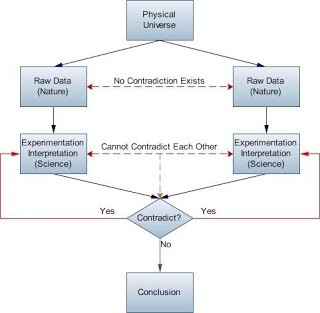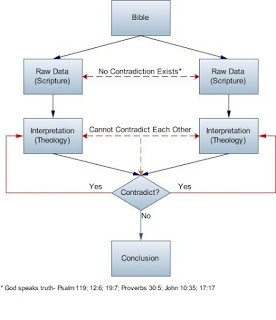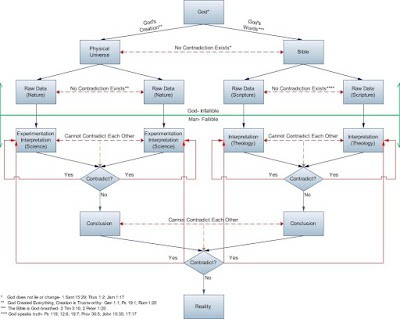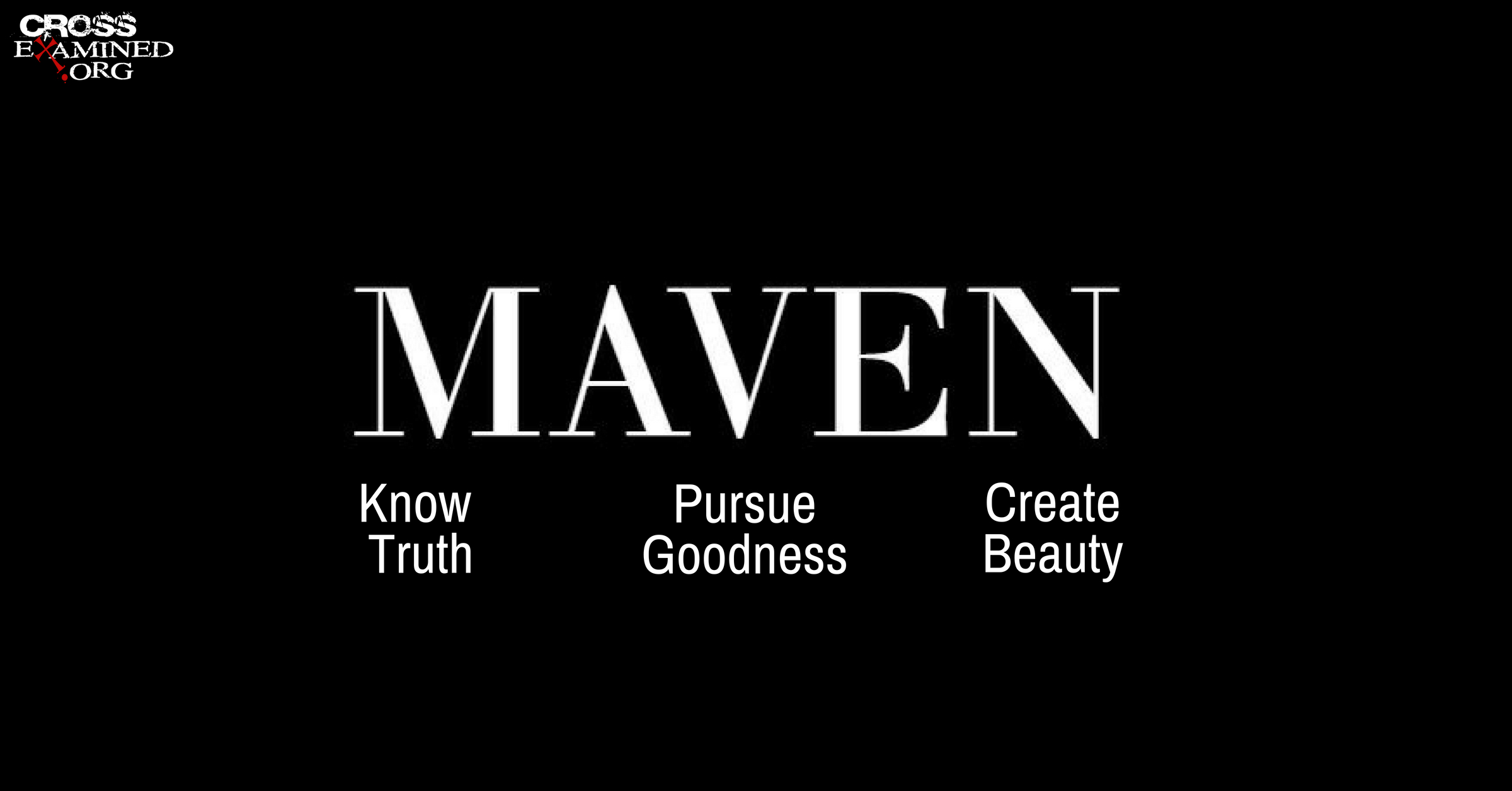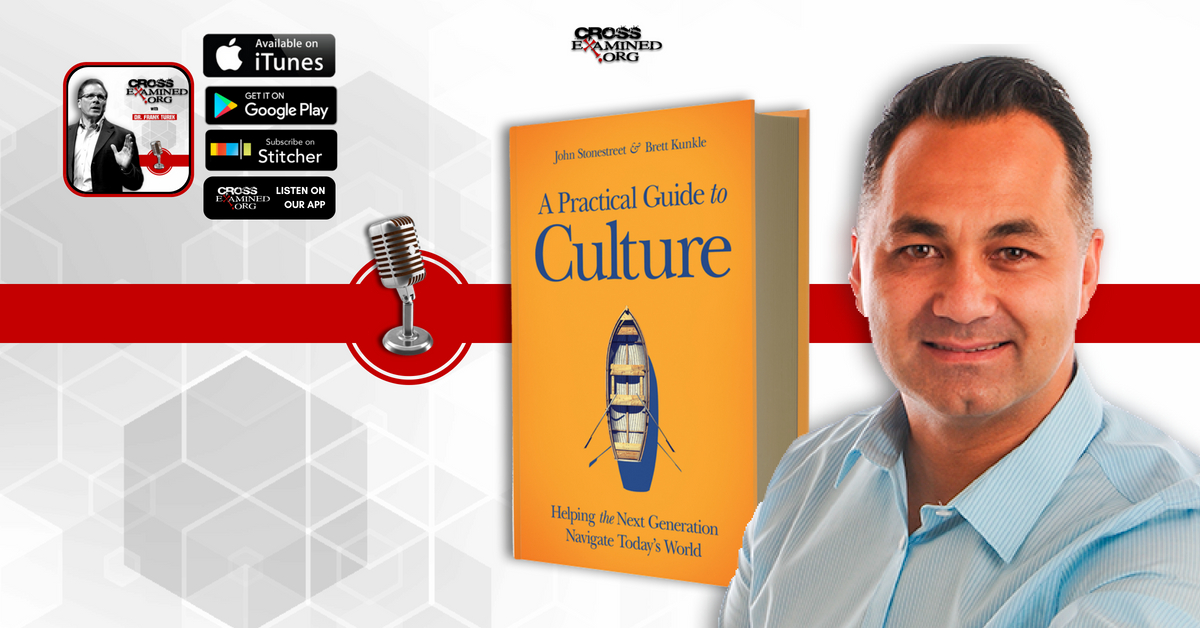Today, I’m featuring a special guest post from one of my former mentors, R. Scott Smith, Associate Professor of Ethics and Christian Apologetics at Biola University. Dr. Smith was my adviser while I was doing my graduate studies in the Christian Apologetics Program at Biola University. I studied under him in the areas of ethics, philosophy and historical theology.
His guest post might sound a bit technical if you’re totally new to philosophy, but thinking hard about this stuff might help you understand naturalism more–maybe a bit more than your atheist friends. His latest work is aimed at the upper division undergraduate audience, or those with some philosophy training: Naturalism and Our Knowledge of Reality.
Guest Post by R. Scott Smith
A Good Reason to Rally?
At the “Reason Rally” in Washington, secular, atheistic people gathered in support of “reason” over [mere] “faith” of religious people. Not so hidden in the background was the widely-held cultural mindset that science uses reason and uniquely gives us knowledge of truth (the facts). But religion gives us just personal opinions and preferences, not knowledge. This bifurcation often is called the “fact-value split.”
Naturalism: “There Is No God”
This science is naturalistic; only what is scientifically knowable (i.e., by the five senses) is real. In principle, such things as God, souls, and mental states (i.e., non-physical things like thoughts, beliefs, and experiences) cannot be known to be real. Or, simplifying, they don’t exist. Yet, we can test natural, physical stuff scientifically, so that is what is believed to be real. That view of reality is the philosophy undergirding atheistic evolution by natural selection (NS) – naturalism. There’s only the physical universe, without anything non-physical.
Until Darwin, many believed there were non-physical essential natures that separated living things into kinds. Afterward, biological classification is understood as one interconnected “tree of life” – all living things share a common ancestor.
Naturalism, Truth, and Knowledge
Now, how do we know what’s true on this view? Consider Daniel Dennett, a leading philosopher, neuroscientist, and New Atheist, who takes evolution by NS very seriously. For him, NS is blind – without any goal planning, thinking about some desired outcome, believing something, or trying to make something happen. And since non-physical mental states aren’t real, the qualities they would have, e.g., their representing something (their being of or about something) also would not be real. There are only brain states, physical patterns, and behavior we take (interpret) to be about something.
Dennett realizes that if there were real, intrinsic (something that’s so due to what kind of thing it is), essential natures, there could be a “deeper” fact (beyond just behavior) of what our thoughts (or beliefs, experiences) are really about. Just due to what those mental states would be essential, they really could be of their objects, and not something else.
But, since evolution by NS denies any such essences, Dennett says we only interpret the behavior of people (and sophisticated computers and robots) as being “about” their objects. But that’s all we have to go on – just our interpretations, which we attribute to a person. Based on someone’s behaviors, we interpret them to mean the person is thinking “about” something (e.g., an errand to Lowe’s), but that’s just how we talk. In reality, there isn’t any real “aboutness” to us.
But, there could be other interpretations too. Maybe the thought is “of” something else (e.g., a movie on HBO). But, there’s no fact of the matter we can appeal to, to settle the issue. Dennett admits for that to be so, there would have to be an essence to the thought’s being of something so that it really is about the errand, not the movie.
But without essences, we’re left only with interpretations; but, of what? Apparently, another interpretation; but if we keep pressing that question, we’re left just with interpretations of interpretations, etc., without any way to get started and experience something as it is, simply because no mental state is really about anything.
Bu the same problem applies to our own mental life. Any mental state doesn’t have an essence to be about anything in particular. If they cannot really be about something, then how would we ever know how things really are?
Our Experience Tells a Different Story
Fortunately, that’s not how we experience life. Our mental states seem to have three essential features:
- They’re “particularized.” My thought about tonight’s dinner, or my experience of drinking a Starbuck’s chocolate smoothie, is not generic or unspecified. Each is about something particular.
- These mental states must be about something. It doesn’t seem we could have one that lacks this quality. (Try having a thought that isn’t about anything!)
- That “ofness” seems to be intrinsic, or essential, to each mental state. My thought about last night’s dinner could not be about anything else and still be the thought it is. I could observe the price of gas at the Exxon station, but that experience couldn’t have been of my dinner.
God: The Best Explanation
How do we best explain these three apparently essential features of mental states? Dennett realizes that if mental states had essential natures, they really could be of their intended objects, so we could know them.
If atheistic evolution by NS were true, we’d be in a beginningless series of interpretations, without any knowledge. Yet, we know many things. So, naturalism & NS are false – non-physical essences exist. But, what’s their explanation? Being non-physical, it can’t be evolution. So, maybe we have souls that use them. It seems likely their best explanation is there’s a Creator after all.
Original Blog Source: http://bit.ly/2B8gmT1



